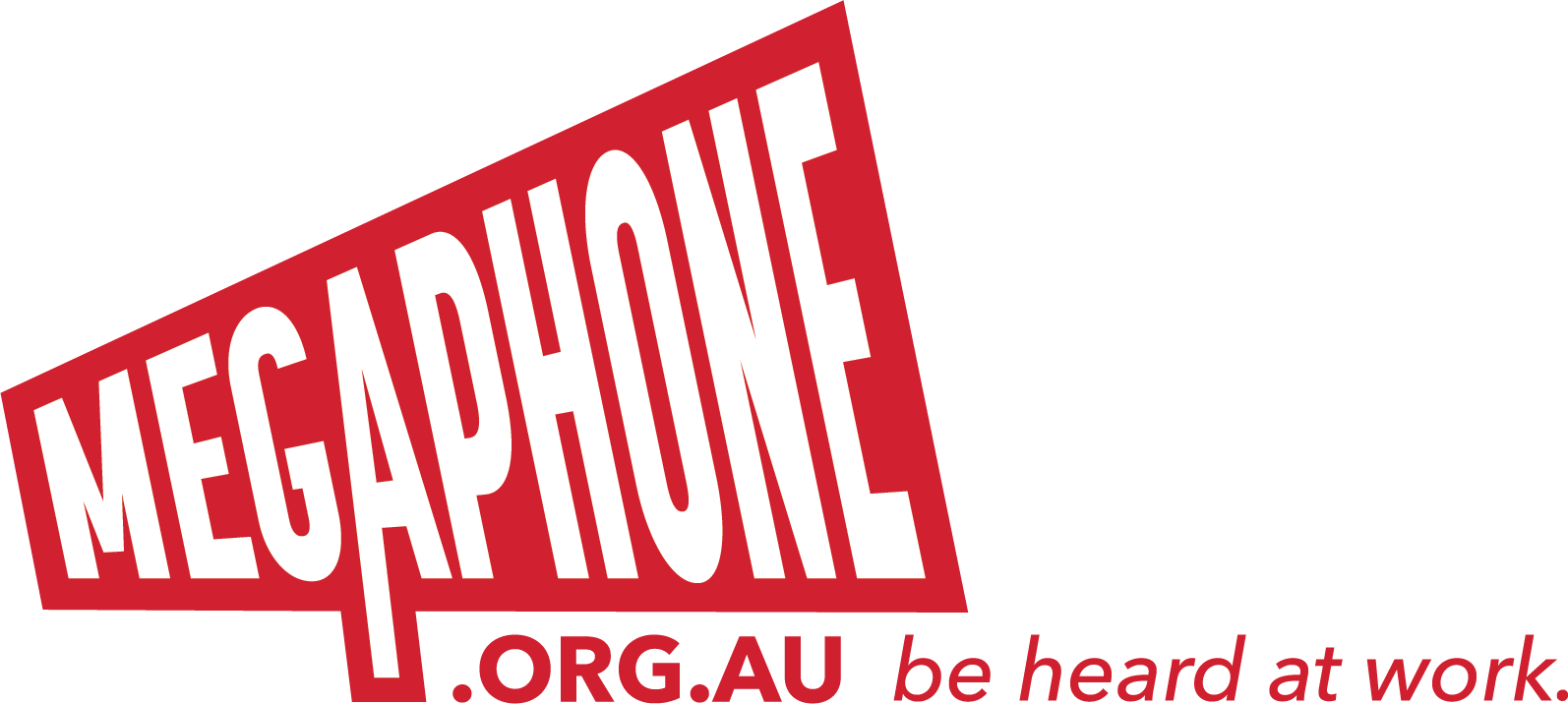100 signatures reached
To: Premier of Victoria, Daniel Andrews
No crime, no time! Fix Victoria’s bail laws now

In Victoria, prisons are overcrowded with poor people who have not had their day in court because Victoria has the harshest Bail laws in the country.
We the undersigned call on the Victorian government to:
• get unsentenced people who are on remand out of Victorian prisons;
• remove the reverse-onus provisions in the Bail Act;
• create a presumption in favour of bail placing the onus on the prosecution to demonstrate why bail should not be granted.
We the undersigned call on the Victorian government to:
• get unsentenced people who are on remand out of Victorian prisons;
• remove the reverse-onus provisions in the Bail Act;
• create a presumption in favour of bail placing the onus on the prosecution to demonstrate why bail should not be granted.
Why is this important?
A recent Productivity Commission report, Australia’s Prison Dilemma, found that while the rate of offending is falling, across Australia the rate of imprisonment is rising.
Current imprisonment rates are the highest in a hundred years — the number of people per 100,000 who are incarcerated has doubled in the last 40 years with the national imprisonment rate increasing by 35% this century.
First Nations people are 3% of the population but comprise 29% of those in jail. Female imprisonment rates are increasing faster than male. The growth in the number of people on remand accounts for about two thirds of the growth in prison rates.
In Victoria, prisons are overcrowded with poor people who have not had their day in court because Victoria has the harshest Bail laws in the country. Consider this — in Victoria, 53% of women in prison are on remand and 89% of First Nations women entering prison are unsentenced.
These women are not denied bail because they are a danger to the community. They are denied bail because they are at risk from poverty, family violence, homelessness or mental illness. Many are mothers whose children also pay the price of this unfair bail regime.
In the thirty years since the Royal Commission into Aboriginal Deaths in Custody handed down its findings, with a key recommendation that imprisonment must be the last resort, more than 500 First Nations people have died in custody and the toll continues to climb.
Governments make policy choices. When it comes to how bail is administered in Victoria, the state government made the wrong choice when is changed the Bail Act in 2018 to make it more difficult for people to get bail. This must be addressed as an urgent priority.
Current imprisonment rates are the highest in a hundred years — the number of people per 100,000 who are incarcerated has doubled in the last 40 years with the national imprisonment rate increasing by 35% this century.
First Nations people are 3% of the population but comprise 29% of those in jail. Female imprisonment rates are increasing faster than male. The growth in the number of people on remand accounts for about two thirds of the growth in prison rates.
In Victoria, prisons are overcrowded with poor people who have not had their day in court because Victoria has the harshest Bail laws in the country. Consider this — in Victoria, 53% of women in prison are on remand and 89% of First Nations women entering prison are unsentenced.
These women are not denied bail because they are a danger to the community. They are denied bail because they are at risk from poverty, family violence, homelessness or mental illness. Many are mothers whose children also pay the price of this unfair bail regime.
In the thirty years since the Royal Commission into Aboriginal Deaths in Custody handed down its findings, with a key recommendation that imprisonment must be the last resort, more than 500 First Nations people have died in custody and the toll continues to climb.
Governments make policy choices. When it comes to how bail is administered in Victoria, the state government made the wrong choice when is changed the Bail Act in 2018 to make it more difficult for people to get bail. This must be addressed as an urgent priority.
How it will be delivered
The signatures will be delivered to the Premier prior to the November Victorian State Election. The delivery method will be decided by the campaign.
The Indigenous Social Justice Association Melbourne meets the first Thursday of the month at 6:30 pm either online or in-person at Solidarity Salon, 580 Sydney Road, Brunswick. Check Facebook each month for details.

